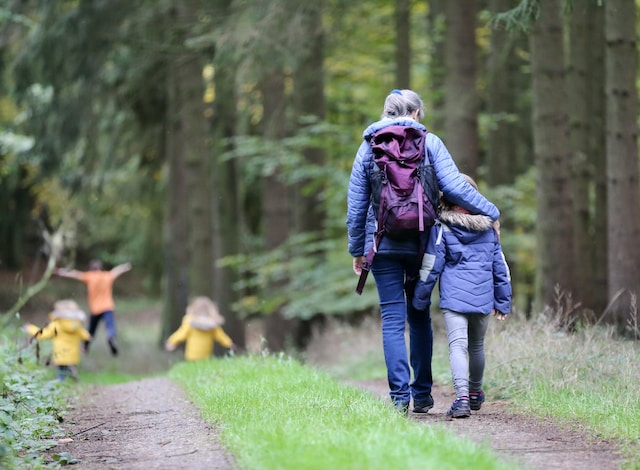Education is not confined to classrooms and textbooks; it thrives in the everyday interactions and experiences that families share. Family play, characterized by joyful, interactive activities, not only strengthens familial bonds but also serves as a powerful educational tool. Engaging in play-based learning activities collectively fosters a holistic approach to education, sparking curiosity, creativity, and a lifelong love for learning.
The Power of Play in Education
Play is the language of childhood, a universal medium through which children explore, experiment, and make sense of the world around them. When families engage in play together, they create an environment where learning seamlessly intertwines with enjoyment. Play-based learning encourages children to think critically, problem-solve, and develop essential social and emotional skills.
Building Stronger Family Connections
Participating in play activities as a family strengthens relationships and creates lasting memories. It promotes open communication, collaboration, and bonding, fostering a sense of unity and support within the family unit. Shared play experiences create an inclusive space where parents or caregivers actively engage with children, understanding their interests, strengths, and areas for growth.
Learning Through Play
The educational benefits of family play are many. Through games, creative projects, and interactive activities, children develop cognitive skills such as problem-solving, decision-making, and critical thinking. For instance, board games teach strategy and planning, while building blocks enhance spatial awareness and fine motor skills. Artistic endeavors like drawing or crafting stimulate creativity and self-expression.
Practical Applications in Everyday Life
Incorporating educational elements into daily play doesn't require elaborate setups or specialized tools. Everyday tasks and routines can become learning opportunities. Cooking together becomes a lesson in measurements and following instructions, while gardening and/or floral workshops teach children about plant life and responsibility. Even a simple walk in nature offers lessons in observation, ecology, and mindfulness.
Encouraging Lifelong Learning Habits
Family play lays the foundation for a positive attitude toward learning. When education is intertwined with enjoyment and familial support, children develop a natural inclination to explore and seek knowledge. This sets the stage for a lifelong love for learning, instilling curiosity, adaptability, and a growth mindset.
Strategies for Incorporating Education into Family Play
- Make Learning Fun: Integrate educational elements into games, activities, and daily routines, making them enjoyable and engaging for all family members.
- Embrace Creativity: Encourage creative expression through art, storytelling, role-playing, or imaginative play, fostering innovation and self-confidence.
- Explore Nature Together: Take nature walks at Hyco Lake, the Milton Heritage Greenway, or many other areas in our community, go on scavenger hunts, or engage in outdoor activities to discover and learn about the environment.
- Collaborative Projects: Embark on family projects that involve problem-solving, teamwork, and experimentation, promoting a sense of accomplishment and shared achievement.
Family Play and Nurturing MENTAL HEALTH
Engaging in playful activities as a family offers a sanctuary where laughter, interaction, and shared experiences serve as potent remedies for stress and anxiety. It provides an avenue for emotional expression, allowing family members to release tension, communicate freely, and build trust in a safe and supportive environment. Playful interactions promote the release of endorphins, fostering feelings of joy, relaxation, and contentment while reducing cortisol levels associated with stress. Furthermore, family play encourages problem-solving, creativity, and cognitive stimulation, all of which are integral components of maintaining mental agility and resilience. By fostering positive connections and creating moments of shared enjoyment, family play becomes a cornerstone in fortifying mental well-being for both children and adults, promoting emotional balance, and nurturing a sense of happiness and fulfillment within the family unit.
Family play is a gateway to holistic education. When education becomes a collaborative, playful endeavor within the family, it transcends formal boundaries, nurturing not just academic knowledge but also emotional intelligence, social skills, and a lifelong passion for learning. As families engage in interactive, educational play, they lay the groundwork for a brighter future, where learning is cherished, curiosity is nurtured, and the joy of discovery is celebrated together. Family play fosters emotional health by strengthening familial bonds, promoting open communication, and creating a supportive environment where children and adults alike feel valued, understood, and connected. This collective enjoyment not only enhances relationships but also contributes significantly to overall family dynamics and a sense of well-being.

